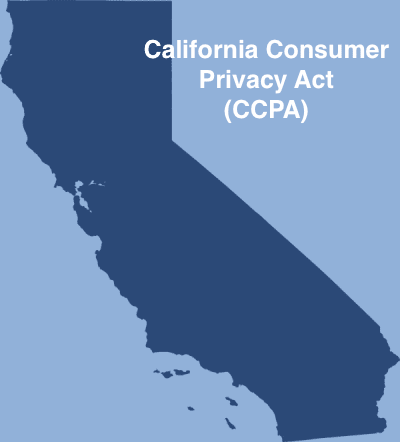The new California Consumer Privacy Act (CCPA) goes into effect January 1, 2020 and there is a chance it may apply to you. If you are a for-profit business of any kind that engages in business in California and collects personal information from California residents, you may be required to comply with CCPA.
- Does your business generate more than $20 million in gross revenue?
- Is 50% or more of your annual revenue from selling the personal information of California residents?
- Does your business buy, recieve, sell, or share the personal information of 50% or more California residents?
CCPA applies to businesses that answer yes to ANY of the above questions.
How to Become CCPA Compliant
If you are already GDPR compliant, you are ahead of the game in some ways, but you may not have met all the requirements for CCPA:
- Privacy Policy
- SSL Certificate
- Cookie Consent
- Do Not Sell My Personal Information
- Processing agreement
- Age verification
If you have a WordPress site, you can install a plugin that does most of the work for you. WordPress recommends using Complianz, which meets the needs for both GDPR and CCPA. This plugin also helps with ePrivacy and COPPA so you will be prepared for future legislation as well.
If you do not have a WordPress site, DK Web Development can help implement the necessary pieces to make sure you are compliant. Contact us today!
IMPORTANT: The author of this article is not a lawyer and can not provide legal advice. Please consult a lawyer or specialized consultant to be sure your website is in full, legal compliance.



